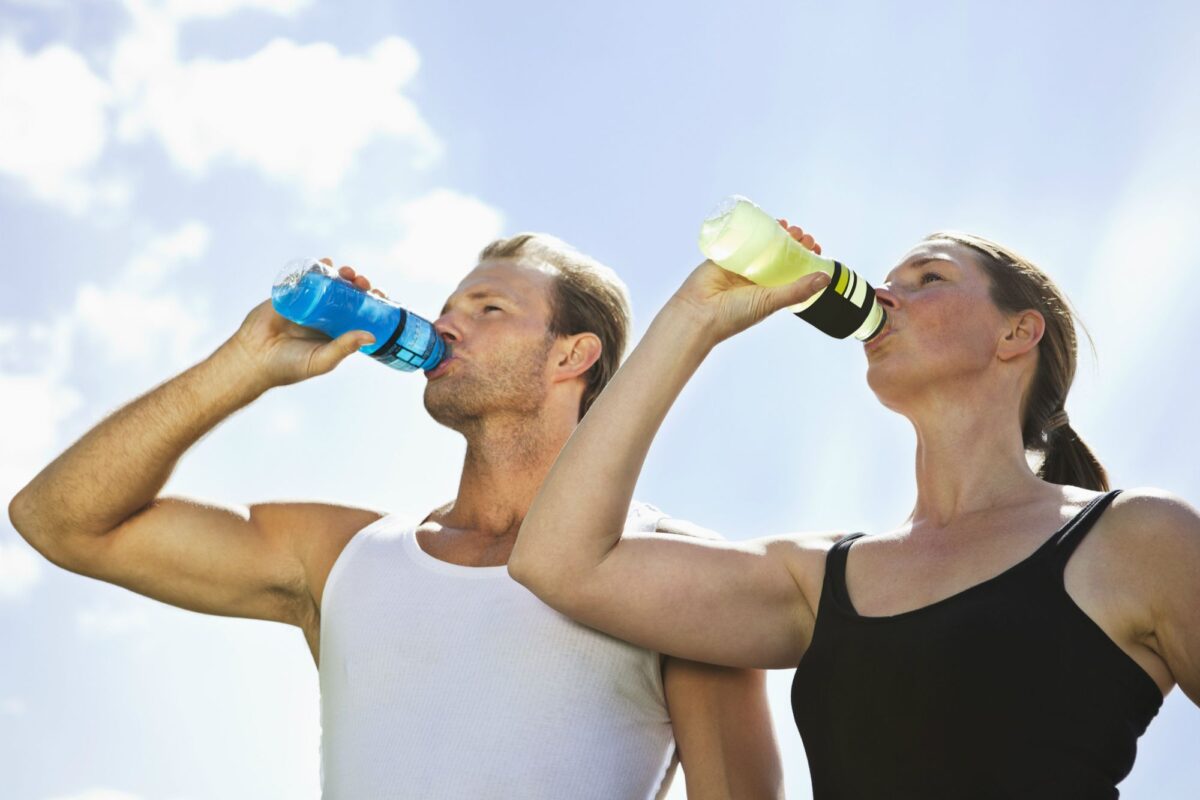Artificial sweeteners are not just a cruel way to insult to your barista: they are also a great way to mess with your digestive health. Despite their cute names like “Sacharine” and “Aspartame”, a recent study has shown FDA approved artificial sweeteners and sports supplements are toxic to your digestive gut-microbiomes.
The investigation measured the toxicity of six artificial sweeteners (aspartame, sucralose, saccharine, neotame, advantame, and acesulfame potassium-k) and 10 sport supplements containing these artificial sweeteners. The bacteria found in the digestive system became toxic when exposed to concentrations of only one mg./ml. of the artificial sweeteners, making the current approved “acceptable daily intake” of artificial sweeteners—which (for the average adult), is 3,409 milligrams a day—look quite bizarre (for perspective, a 12-ounce can of diet soda contains around 200 milligrams).
The experiment was conducted by modifying bioluminescent bacteria, which glow when they detect toxicants and act as a microscopic ‘canary in the coal mine’. When exposed to artificial sweeteners like Aspartame, they duly lit up. In ‘light’ of this, professor Ariel Kushmaro, John A. Ungar Chair in Biotechnology in the Avram and Stella Goldstein-Goren Department of Biotechnology Engineering, concluded, “This is… evidence that consumption of artificial sweeteners adversely affects gut microbial activity which can cause a wide range of health issues.”
Artificial sweeteners are used in countless food products and soft drinks with reduced sugar content (think diet coke, Powerade, store-bought muffins etc.). As such, many people consume this added ingredient without their knowledge. Moreover, as reported by Science Daily, “Artificial sweeteners have been identified as emerging environmental pollutants, and can be found in drinking and surface water, and groundwater aquifers.” Yikes.
“The results of this study might help in understanding the relative toxicity of artificial sweeteners and the potential of negative effects on the gut microbial community as well as the environment,” (Science Daily).
The test also revealed that bioluminescent bacteria can be used for detecting environmental pollutants—but if you’re a coffee addict with a sweet tooth you don’t care about that. You care about getting your fix. Well, here’s the good news: real sugar tastes even better, and is probably no worse for you! Alternatively; try honey, cinnamon, vanilla extract, cocoa powder, maple syrup, will power.
RELATED: We Discover How Many Cups Of Coffee A Day Is Good For You
